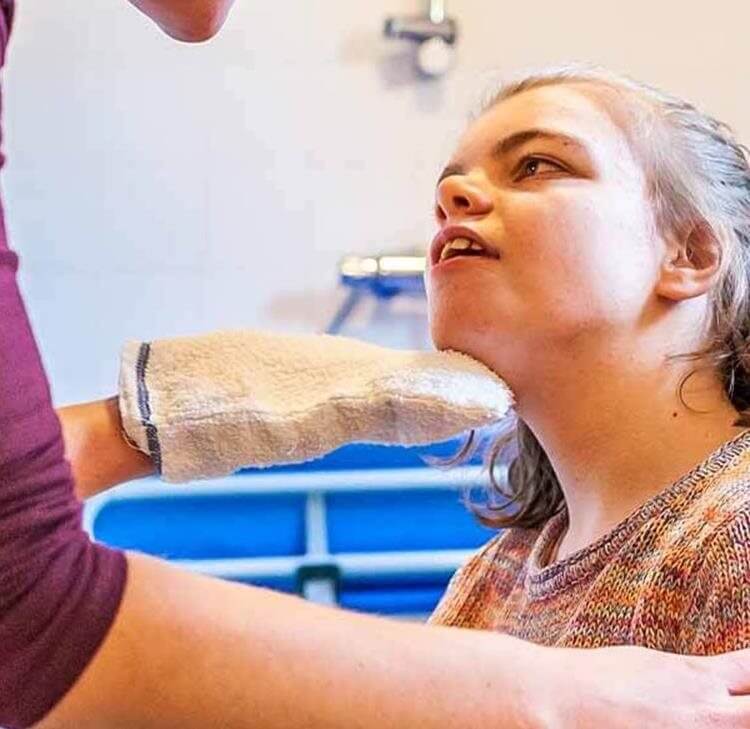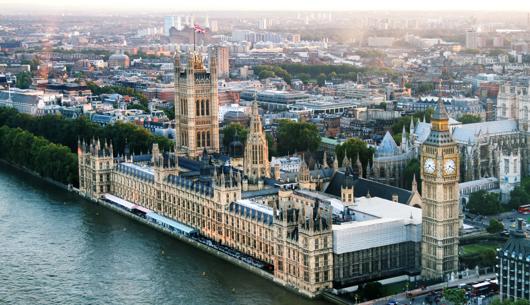Manchester City Council v CP & Ors [2023] EWHC 133 (Fam)
Restricting a patient’s use of their mobile phone during their admission to a mental health ward is a thorny issue. This is especially given that 88% of adults in the UK now own a smartphone, and spend an average 4 hours per day on their device. There is often uncertainty as to whether clinicians are permitted to restrict a patient’s access to their phone, and if so, on what legal basis.
A recent High Court case considered restrictions that were placed upon a young person’s use of their mobile phone, tablet and laptop. The court provided some useful guidance in this area, which is of relevance to mental health trusts grappling with the same issue.
What are the facts of the case?
The case concerned a 16 year old girl, P, with a diagnosis of ADHD. She had complex emotional difficulties and was functioning at the level of a 7 year old. Due to abusive and violent incidents involving both her parents, she was the subject of a full care order and Manchester City Council therefore had parental responsibility for her. She lived in a residential placement.
P had a history of serious self-harming behaviours and, when in a heightened state, had made threats to end her life. She had also threatened violence towards others, including her family, peers and supervising staff. These difficulties could be exacerbated by P’s use of her mobile phone, tablet and laptop and by access to social media.
Multiple restrictions were placed upon P at the residential placement, including 3:1 supervision, physical restraint to protect P from harming herself, regular supervision and observation, the removal of items that P may use to harm herself and restriction on P’s access to the kitchen. These restrictions amounted to a deprivation of liberty (DoL) and were authorised by the court at an earlier hearing. However, the local authority also proposed significant restrictions on P’s use of her mobile phone, laptop and tablet, and access to social media, including:
- Supervised calls to friends, which would be recorded, logged and shared with her social worker.
- Turning off the wi-fi to restrict P’s access to social media, when there were worries about her behaviour.
- Taking P’s phone away if her behaviours were escalating.
- Not allowing P to take her phone into the bathroom.
- Checking P’s mobile and other devices and reporting issues of concern to her social worker.
The local authority maintained that these restrictions also amounted to a DoL, and as such asked the court to authorise them under a DoL order.
What did the court decide?
The court reiterated that Article 5(1) of the European Convention on Human Rights (ECHR) protects our right to liberty. The acid test for a DoL is as follows:
- the person is unable to consent to the DoL,
- the person is subject to continuous supervision and control, and
- the person is not free to leave.
The court said that whilst the removal of, and the restrictions on the use of, P’s mobile phone, tablet, laptop and social media might form part of a regime of continuous supervision and control, the measures did not act to restrict P’s physical liberty. The restrictions were aimed at preventing P broadcasting online indiscriminately, preventing contact from those giving her harmful advice, preventing her sharing details online with those who may pose a risk to her and restricting contact with those who had allegedly abused her. The judge recognised that a young person may well equate the possession and use of a mobile phone, tablet and laptop, and access to social media, as “liberty” or being free, however Article 5(1) of the ECHR is concerned with liberty in its classic sense – the physical liberty of the person. Accordingly, the court found that it would be wrong to authorise the restrictions under a DoLS order, because those restrictions were not depriving her of her physical liberty.
So how can restrictions on a mobile phone or other device be authorised?
The court said that the restrictions on P’s use of her mobile phone, tablet and laptop, and limitations on her access to social media, should be characterised as an interference with her rights under Article 8 ECHR – namely her right to respect for private and family life. Before a court could endorse such interference, it would have to be satisfied that that interference was necessary and proportionate, pursuant to Article 8(2).
In this particular case, there was in fact no need for the court to authorise the restrictions. This was because P largely co-operated with requests to surrender her phone and other devices when asked. She also had a degree of understanding as to why these steps were necessary. Accordingly, as the local authority had parental responsibility for P and did not need to use force or restraint to remove her phone and other devices from her, it could exercise its shared parental responsibility (under s.33(3)(b) of the Children Act 1989) to confiscate and restrict P’s use of her mobile phone or other device. Although such steps constituted an interference in P’s Article 8(1) rights, they were being taken on the basis of evidence and in order to avoid harm caused by the unrestricted use of the devices, and so they were necessary and proportionate for the purposes of Article 8(2).
What principles can health and social care providers take from this case?
- Restrictions around a person’s access to their mobile phone or other device are not usually specifically directed at restricting P’s physical liberty. As such, they are not usually restrictions that can be authorised under a Deprivation of Liberty Safeguards (DoLS) authorisation.
- Removing or restricting an individual’s use of their mobile phone is an interference with that person’s human rights under Article 8 ECHR (right to respect for private and family life). Any interference with that right would therefore need to be necessary and proportionate – either to safeguard and promote the person’s welfare or to protect the health and safety of others and decided under a procedure prescribed by law. A range of factors may need to be considered such as;
- whether the person consents to the restriction,
- whether they lack capacity to do so but such restrictions are in their best interests and there are no objections to the same,
- whether the person is detained under the Mental Health Act and if so, the interplay between their mobile/device access and their mental health or associated risks,
- where the person is under 18, who has parental responsibility and what their views are,
- the extent, likely duration and impact of the restrictions on the person’s life,
- where the restrictions are significant and likely to be ongoing for some time, where there is an objection or for example where related physical restraint is required, whether court approval is likely to be required.
- The Mental Health Act (MHA) Code of Practice provides some helpful guidance on this issue where the person is in receipt of in patient mental health care. Chapter 8 of the Code highlights the fact that patients should have every opportunity to maintain contact with family and friends by telephone, mobile, e-mail or social media. Hospital staff should make conscious efforts to respect the privacy and dignity of patients as far as possible, which includes communicating with people of their choosing in private. It goes on to state that when patients are admitted, staff should assess the risk and appropriateness of them having access to their mobile phone and other electronic devices and this should be detailed in the patient’s care plan. Patients should be able to use mobile phones and other electronic devices if deemed appropriate and safe for them to do so and access should only be limited or restricted in certain risk-assessed situations.
- The MHA Code stipulates that mental health hospitals should have policies on the possession and use of mobile phones and other devices, and on the use of social media, which should not seek to impose blanket restrictions on patients.
In summary, these cases are often complex, nuanced and multifactorial. The approach taken will often depend partly on which legal framework the care provider seeks to rely on (for example consent, the Mental Capacity Act, the Mental Health Act or the Children Act). What we know from this case is that authorisation of such restrictions cannot be simply ‘tagged onto’ a standard DoLS authorisation; such issues require separate assessment, consideration and in some cases court approval.
Browne Jacobson has extensive experience in advising on mental health issues such as this. Please do get in touch for further advice or guidance.










































